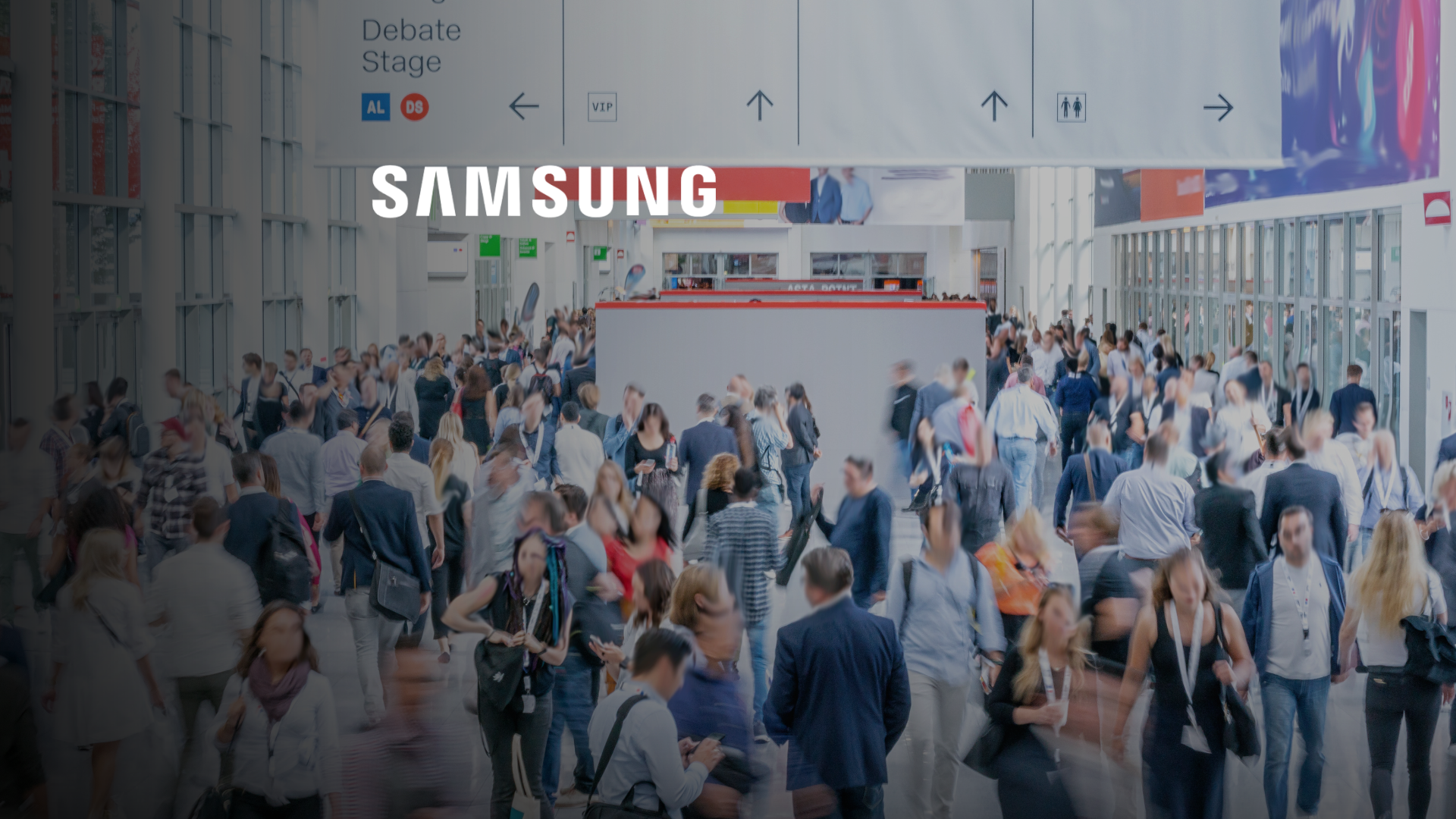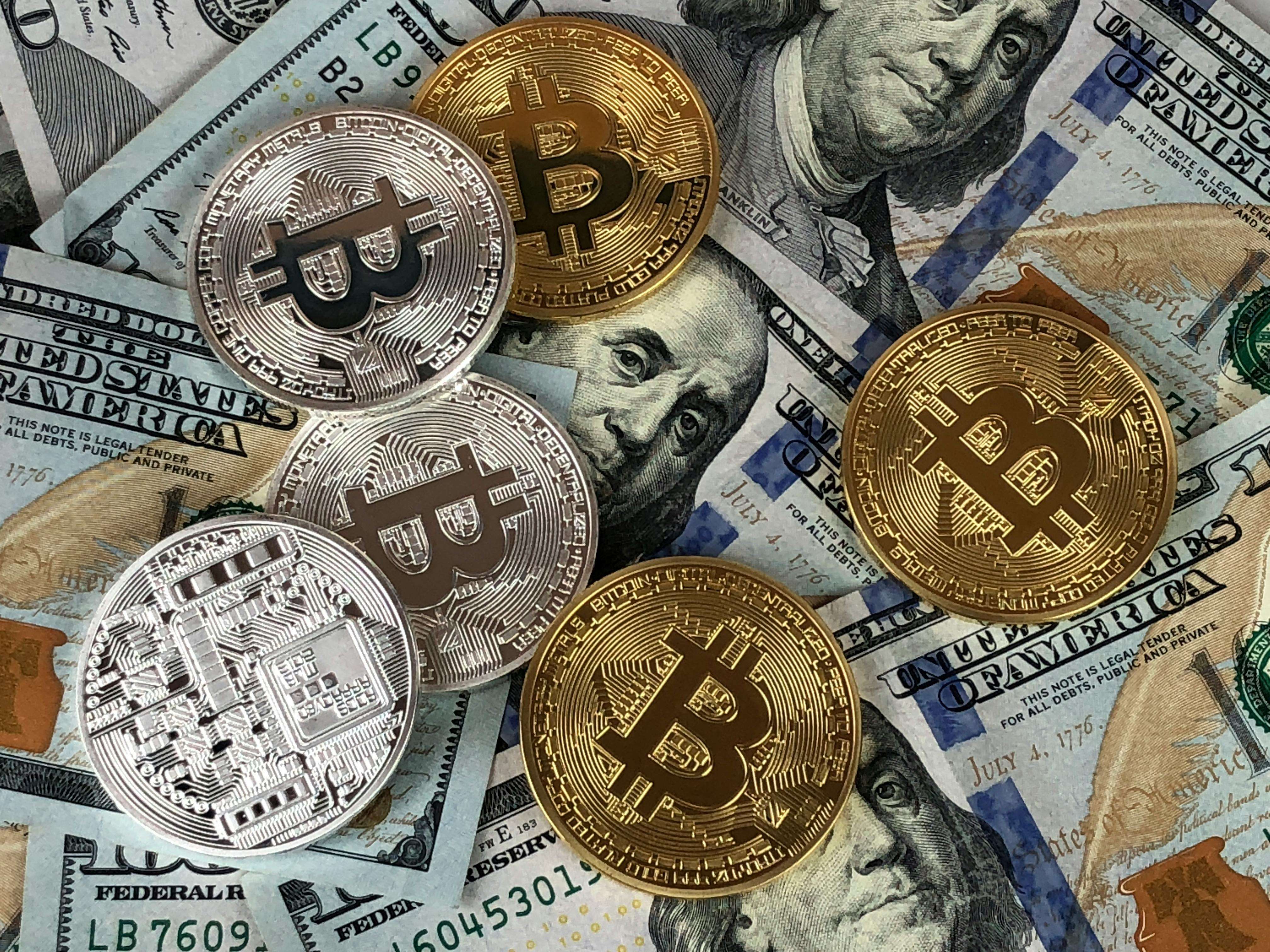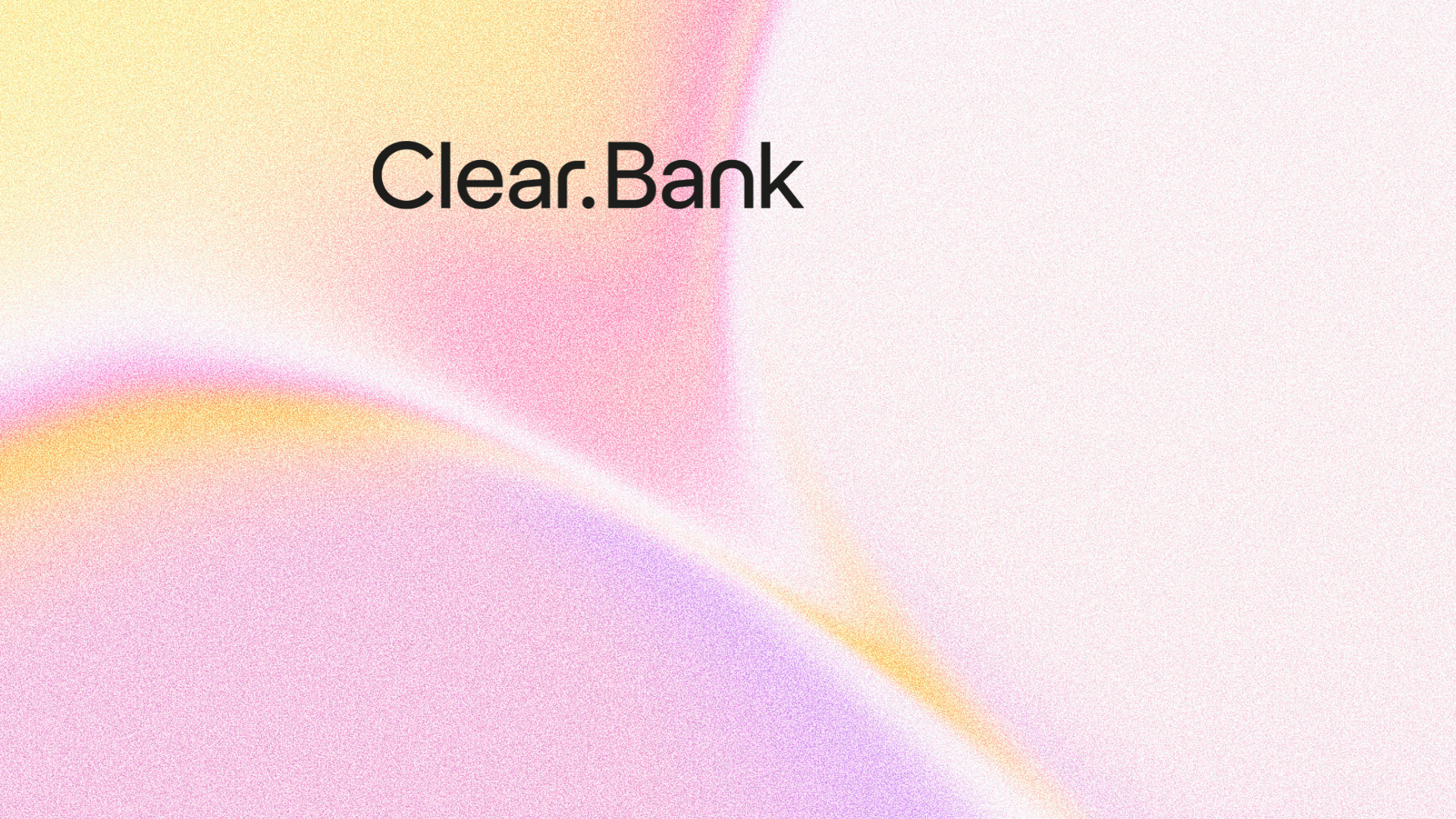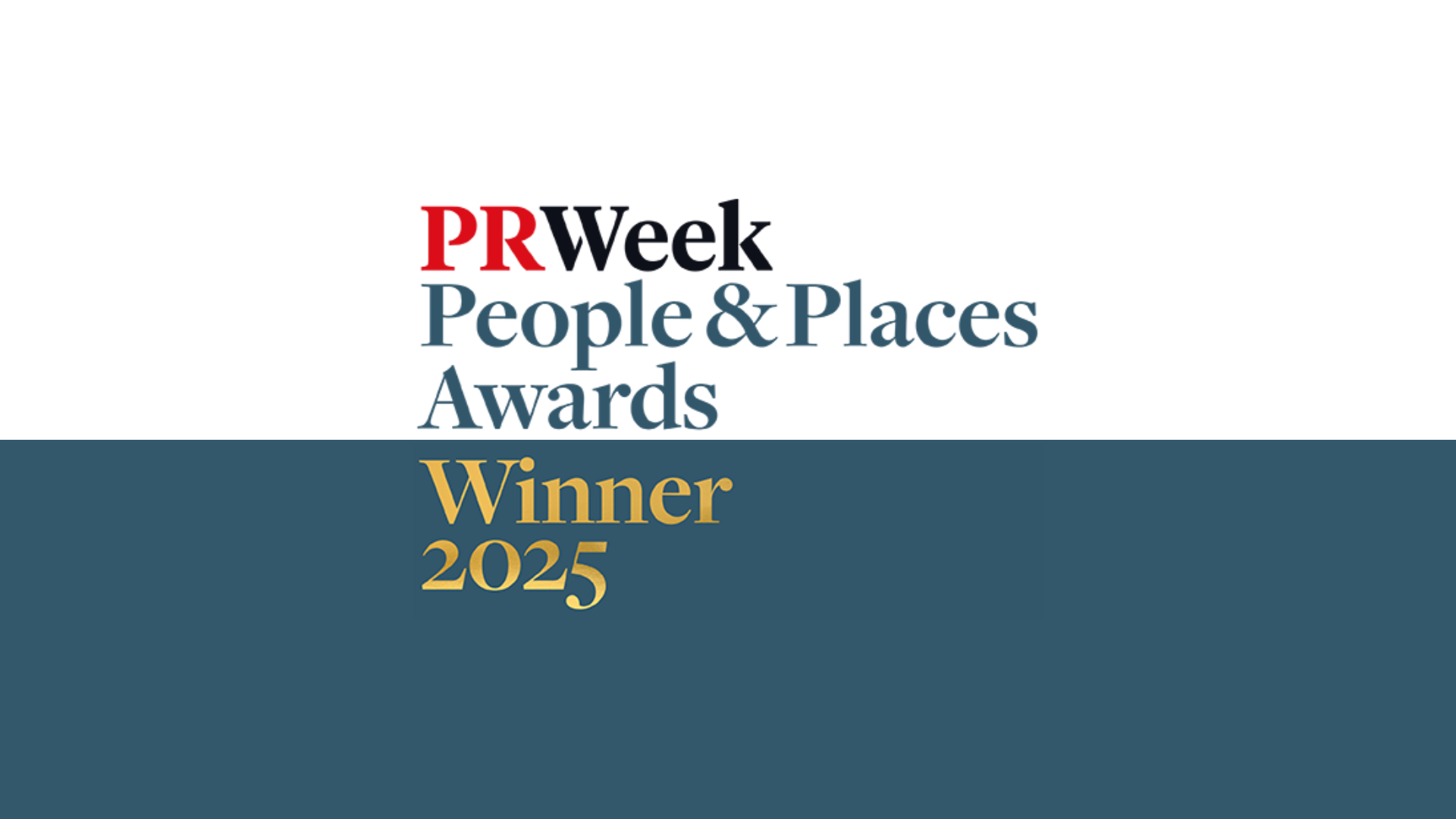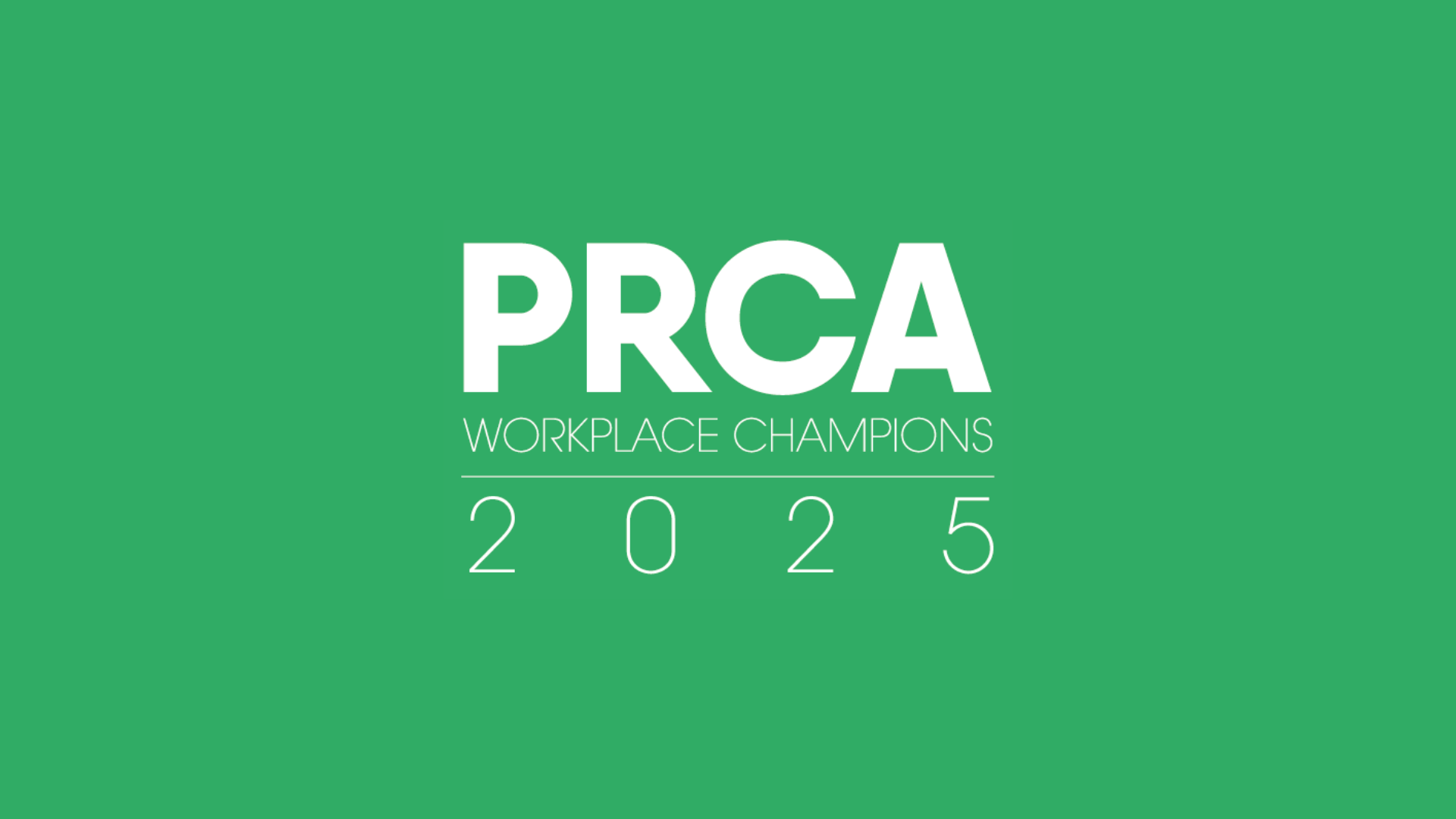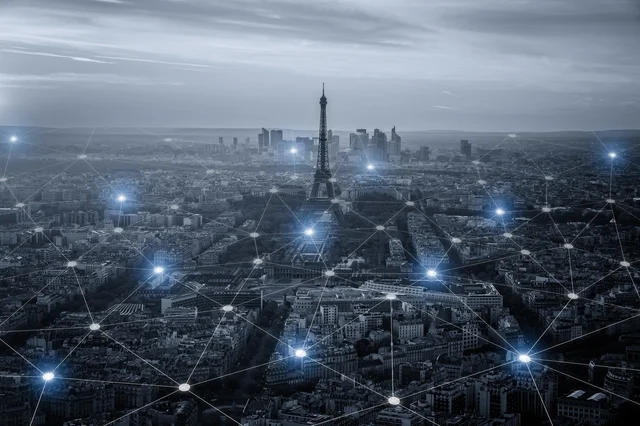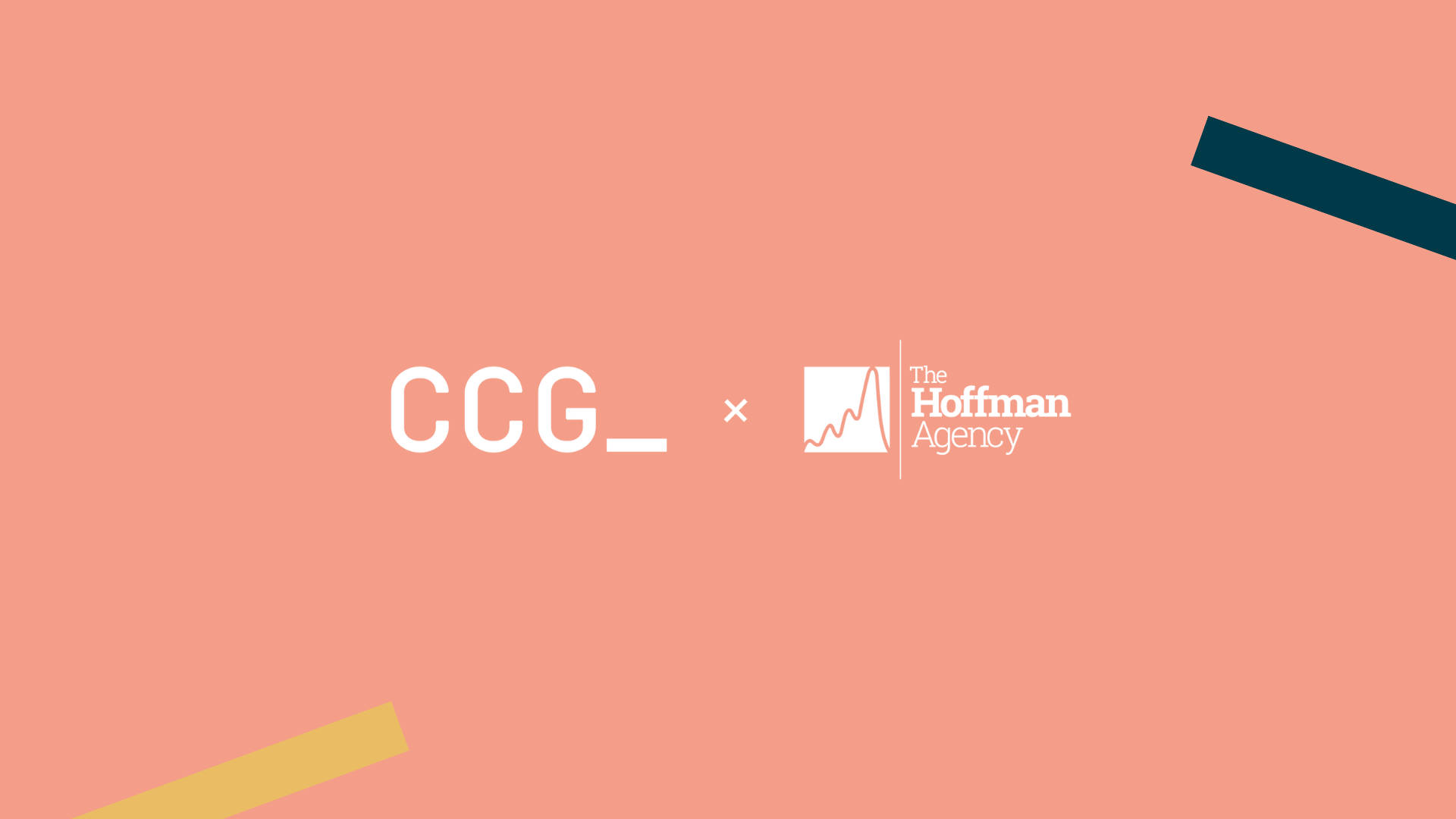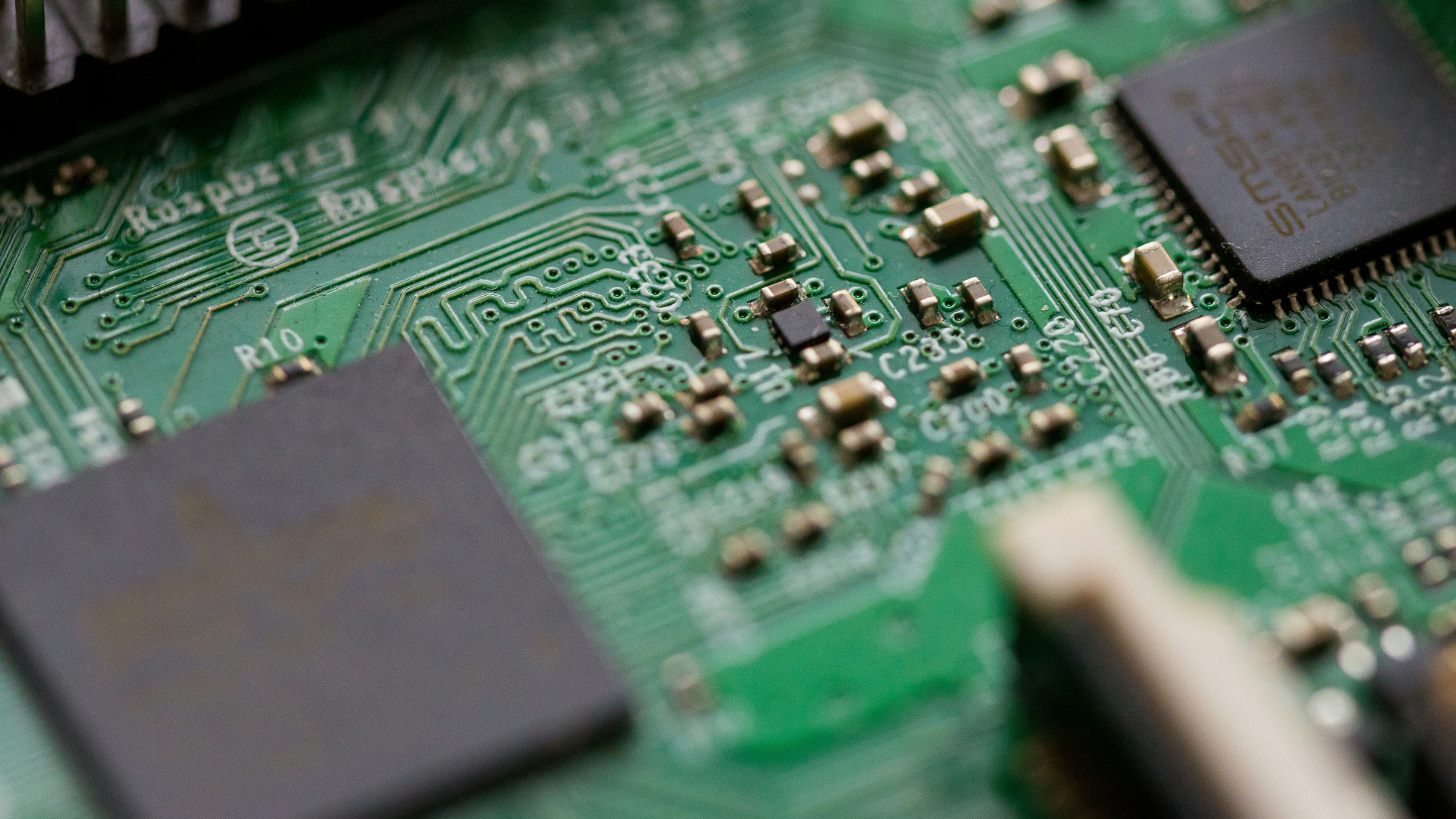To promote its brand “Choose France” and raise France’s global profile, the Élysée couple also took this opportunity to celebrate “la mode” by inviting 120 fashion designers to the presidential palace for a lavish soirée. But why all that fuss?
According to the French Fashion Institute (IFM), the fashion and luxury business represents a revenue of €150 billion a year (this is more than the automobile and aerospace sectors combined) and employs 1 million people.
However, the fashion industry is not the only one getting a boost under President Macron’s leadership.
A French renaissance
At the World Economic Forum in Davos earlier this year, Facebook pledged to invest €10 million in its French artificial intelligence centre over the next five years, doubling the number of AI scientists at its research lab in Paris and increasing its funding of PhD candidates. Google shortly followed by announcing its plans to open a new AI lab in Paris and four Google Hubs across the country and increase its headcount in France by 50 percent.
But the most interesting of all was SAP, which unveils its plans of investing €2 billion in France over the next five years including for a new incubator to develop more than 50 start-ups.
Bill McDermott, CEO, SAP said about the announcement: “There is a real sense of economic momentum in France…We see immense potential in the entrepreneurial spirit of France to disrupt business models, create modern jobs and unleash exciting new opportunities that help the world run better.”
Wow, really? I have to admit this is something we’ve not heard in a long time. French people certainly believe it, but this is not the reputation the country has had these past few years. Six years ago, when I moved to London (or even just before Brexit) France was, by many, seen as a place that is not dynamic and unfriendly to business (and I can quote my partner on that!). Today, the City of Light is an appealing place to start a business.
So, what happened? Well, several things, actually:
Start-up Nation
- Political climate – The uncertainty around Brexit and unstable UK government under Theresa May, Donald Trump’s anti-immigration tirades and high Silicon Valley prices have driven many start-ups to France. Probably the cheese and wine too!
- Better PR – For years or even decades, France suffered from very poor PR. According to Pascal Cagni, president of Business France, “we haven’t been marketing our immense talent correctly”. France has the fifth largest GDP in the world, 67 million inhabitants and “is the best entryway to a unified economic area of 500 million inhabitants called Europe”. Thanks to “years of effort made by the French economy and President Hollande to make France the best place for research and development” as well as the launch of the movement La French Tech, France is back on the map.
- Law changes – Following the steps of his predecessor Francois Hollande, who created Bpifrance in 2012, a public investment bank to foster innovation by providing equity and debt financing, and set up the French Tech Ticket to attract foreign tech talent, Macron, at the VivaTech Conference in Paris last year, announced the creation of a €10 billion fund to foster technology innovation as well as the availability of the French Tech Visa programme to charm foreign businesses and staff.But that’s not the only approach he’s been taking to appeal to tech entrepreneurs and investors – and this one is rather controversial. France historically has the reputation of having high taxes (no, we don’t pay 75% tax!), strict labour laws, rigid administration and hard access to growth capital. A challenge Macron was keen to take on as soon as he was elected. Despite a series of street protests across the country, he pushed through the labour market and fiscal reforms preaching these will boost France’s competitiveness, including the start-up ecosystem. Opinions have so far been mixed, but perhaps these laws might help create the BlablaCar and Criteo of tomorrow?
- Xavier Niel – If there is one man the tech sector in France look up to, it’s him. Nicknamed the godfather of French tech, Niel plays a huge part in France’s efforts and ambition in becoming a start-up nation and new epicentre for European innovation. This self-made billionaire who shook up France’s mobile telecoms sector with the launch of the world’s first television/telephone/internet package, the Freebox, and Free Mobile in 2012 has been invested his fortune in two start-ups per week, since the creation of its VC firm Kima Ventures in 2010.Keen to promote coding skills, encourage more tech firms to turn to France and help those in need find interesting and rewarding work, Niel also founded a free and non-profit coding school in Paris, in 2013, called 42. Offering a radical approach to technical education, it has no teachers and no lesson plans. As long as you’re between 18 and 30 and are up for a four-week programming challenge, you can spend up to five years mastering software development. Sounds pretty good, no?
- Station F – Niel’s latest project is Station F, the world’s largest start-up campus that opened in Paris in June 2017 and currently accommodates more than 1,000 tech companies. The building is a 34,000m2 historical monument from the 1920s (the size of the Eiffel tower lying down) that has been converted into a massive workspace for start-ups. Looking to make entrepreneurship more accessible to anyone from any background, Station F offers services and space to start-ups that often struggle to find an office and resources within their budget, including more than 20 programmes.
- Talent pool – Arts, gourmet food and architecture aside, France is renowned for the quality of its engineering schools. Reflecting on that strength, France’s advantage within the tech sector lies in areas such as software, healthcare and Deep Tech. This is reflected in the skills of its people. According to a Deep Tech survey from global consultancy Wavestone, France is leading the pack in terms of talent while both the UK and France are standing out as the key hubs for investment and deployment, with venture capital investments in Deep Tech growing three times faster than overall tech start-ups.For Matt Turck, Managing Director at First Mark Cap, “The French Deep Tech ecosystem benefits from a particularly strong technical talent pool and has experienced a real acceleration in terms of overall start-up activity. In addition, French entrepreneurs now display a whole different level of ambition, as they no longer want to just build a successful French or European company; rather instead they aim to build worldwide category leaders.”
In terms of overall VC funding, in last year’s State of European Tech report, the investment firm Atomico revealed that Britain still remained the biggest recipient of it with $5.4 billion (4.4 billion euros), more than double that of France.
But drawing on the strength of its engineering schools, it was France that closed the most deals.
So, les anglais, are you ready for the race? France certainly is. After all, where does the word “Entrepreneur” come from?

